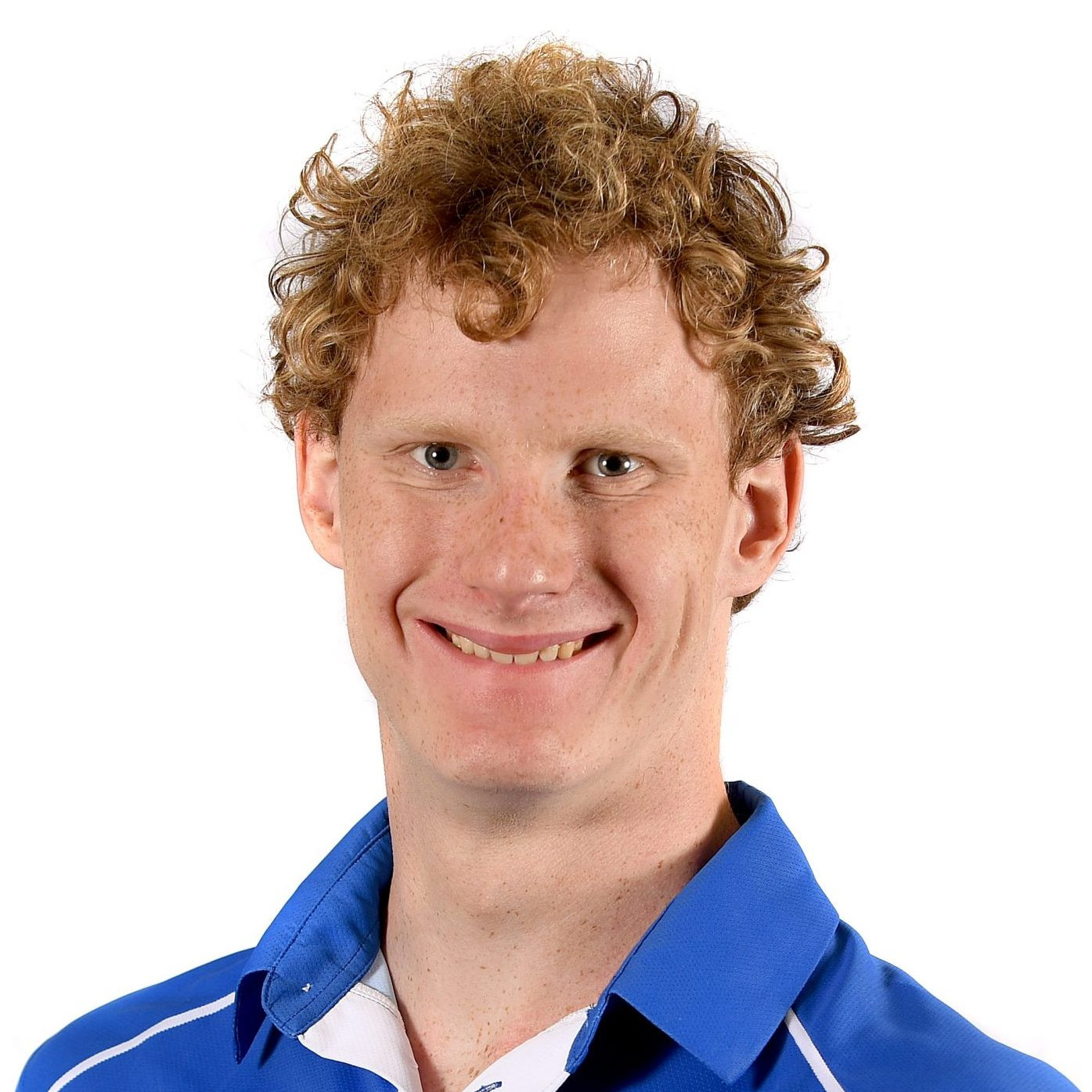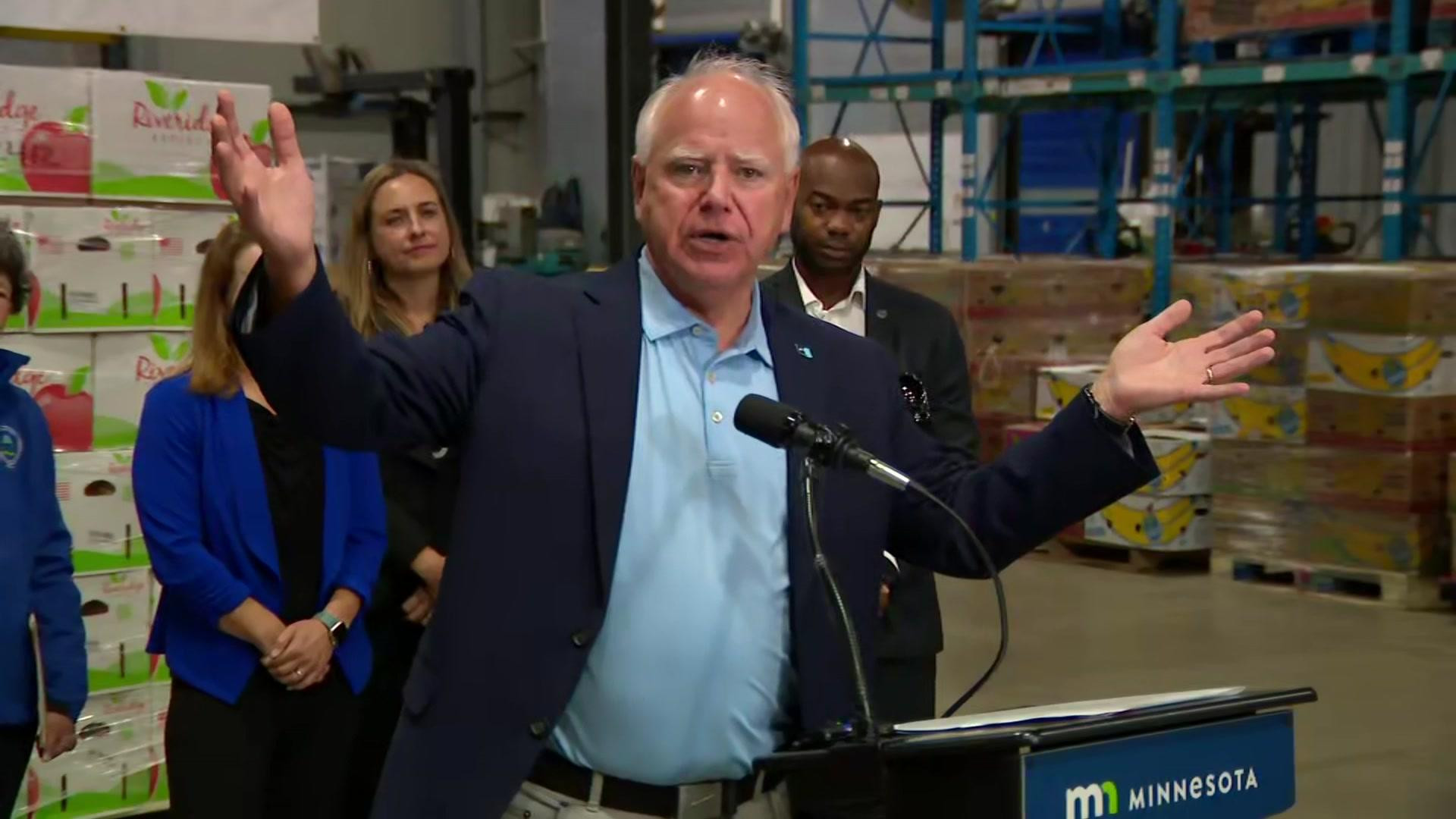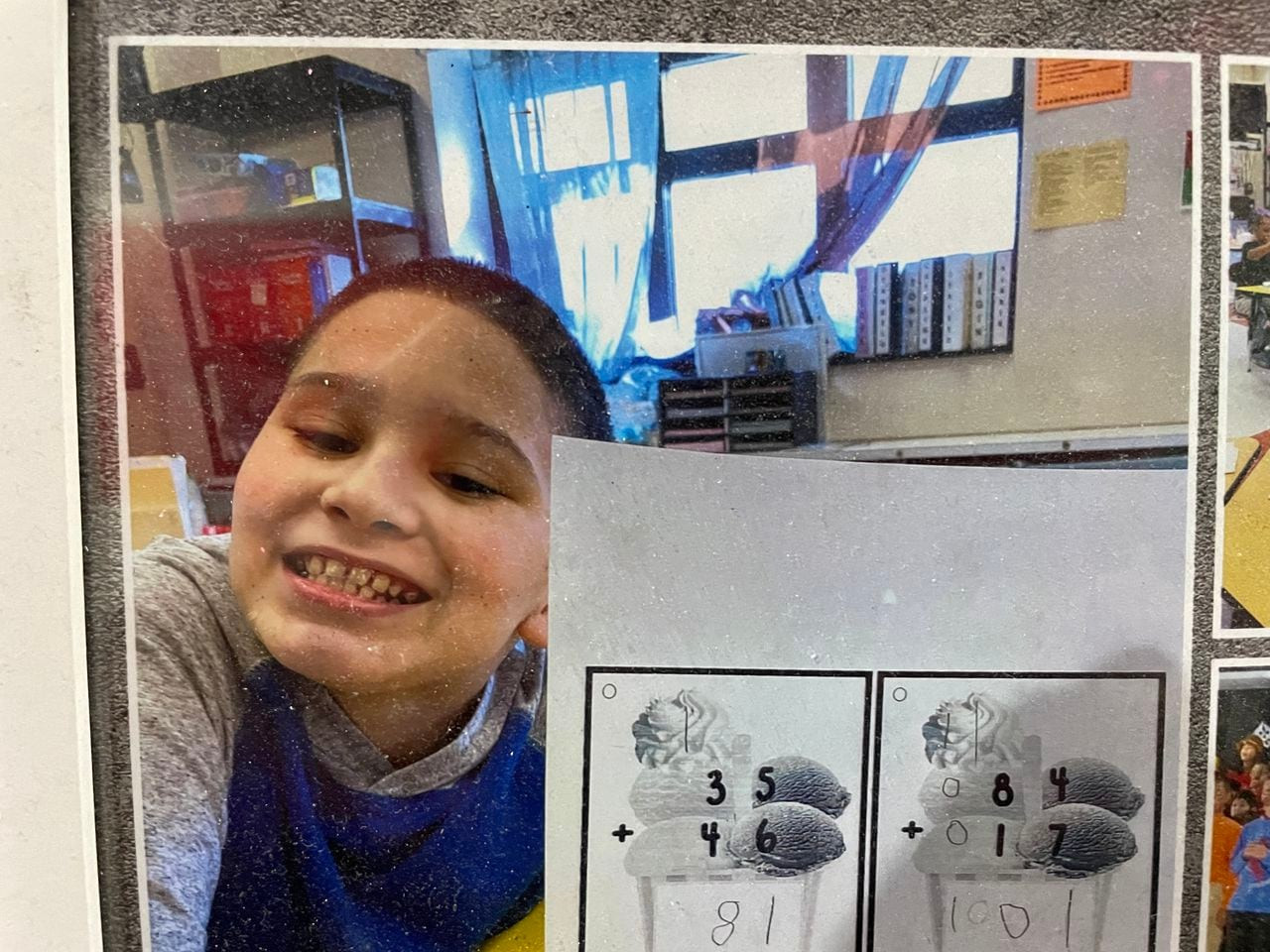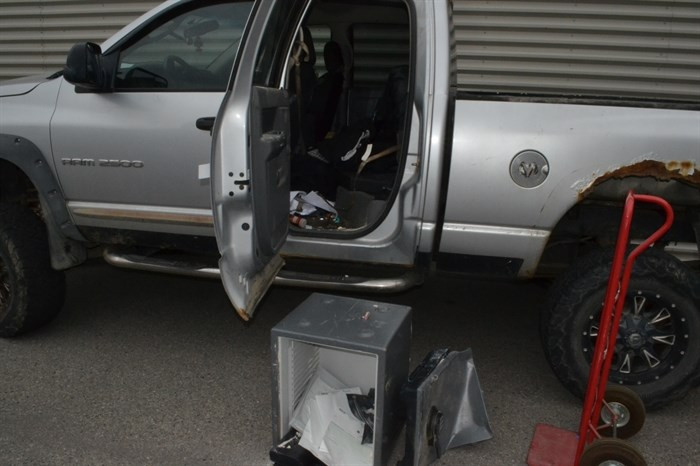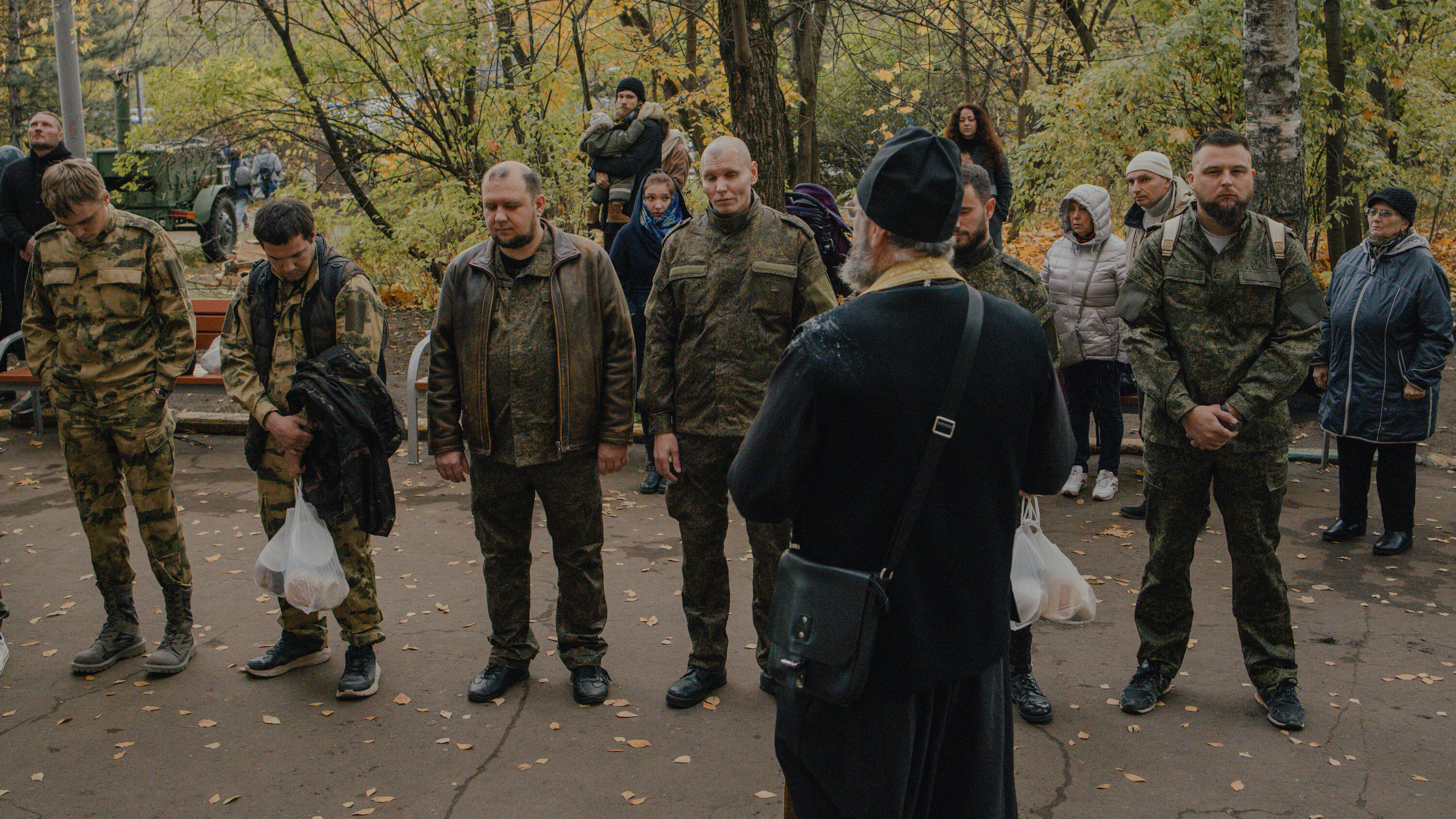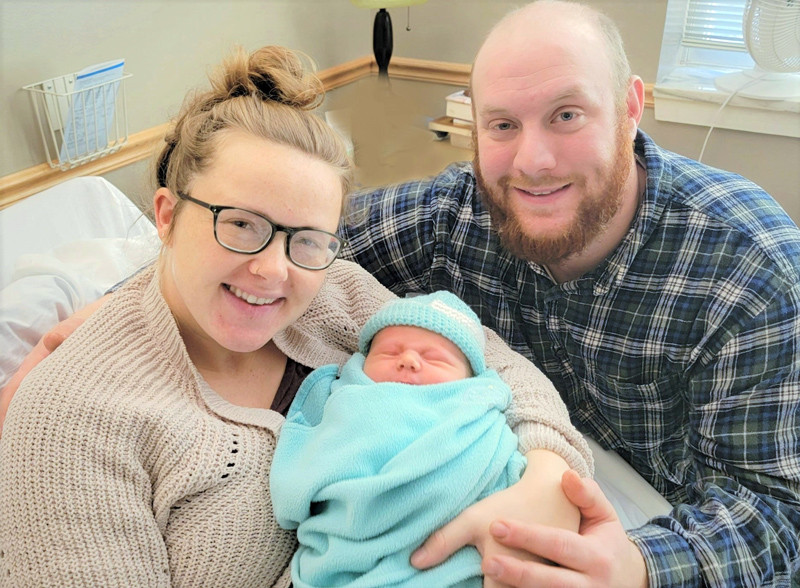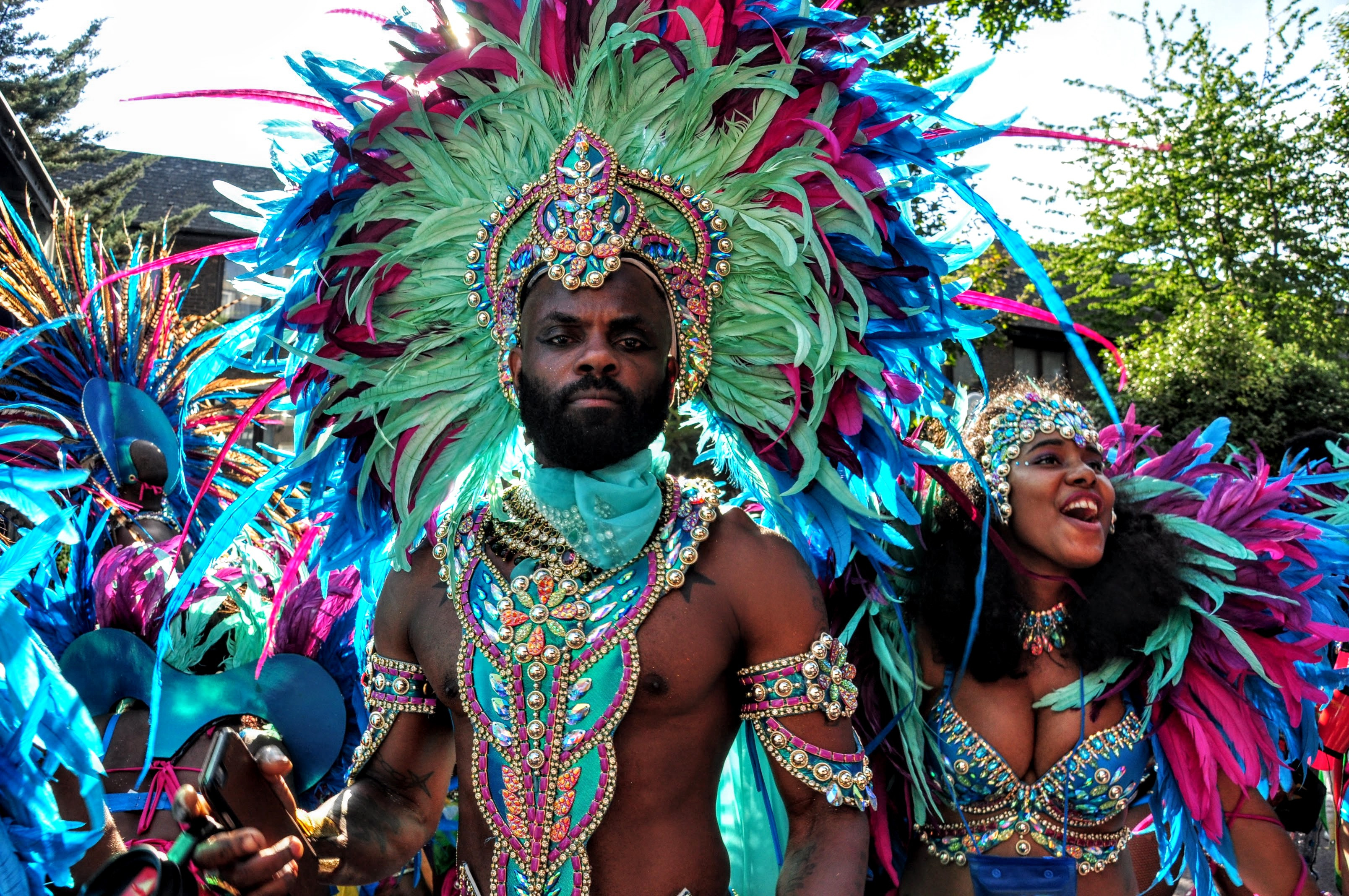Paris: Rowan Crothers, a veteran swimmer and unofficial leader of the Australian Paralympic team, wants to have an important conversation about disability, especially the invisible kind, on the eve of the Games in Paris.
“It’s so frustrating that the disability conversation a lot of the time is so focused on the things that we can’t do, instead of focusing on the things we can do,” Crothers said.
Students and even teachers would see Rowan Crothers languishing at the bottom of school stair cases, after a fall or a push, and ignore him. Security guards at bars see him walking abnormally and deny him entry, even after he tells them he has a disability. Officials at concerts refuse to let him into accessible seating, claiming he has no impairment and brushing him off.
Those are just some of the ways in which the 26-year-old swimming champion, who in Paris across this week and next is aiming to add to his two Paralympic gold medals, has been mistreated because his disability is “invisible”.
“I think all people can be good and I definitely believe Australia is an incredible country,” Crothers tells Wide World of Sports.
“But I also believe there is a consistent lack of understanding for people with an ‘invisible’ disability.”
Crothers was born 15 weeks premature and has cerebral palsy, but walk past the 26-year-old on the streets of Paris and you wouldn’t have any idea. However, disability comes in many different forms. In Crothers’ case, it’s not the kind that is easily identifiable, which hasn’t always made life easy.
He wants to be recognised for his feats in the pool rather than being yet another Paralympian with a story of overcoming adversity – not that he’s not proud of that. Crothers is admired by teammates and the Australian swimming community. He wants to use his platform for the better while he’s in Paris.
He is aiming for gold in his 50m and 100m freestyle events, and is also on a mission to become the first Paralympic swimmer to go under 50 seconds for the 100m freestyle.
“What I love so much about the Paralympics is the opportunities that it does give me to be that role model, to be that inspiration, to be able to put people with disability and people with invisible disability on a platform and spread that positive messaging out there,” Crothers said.
“I feel like the potential is there for Paris to be massive. We’re seeing in the Australian and international media landscape that people are really getting among the idea that sport is more than just sport.”
Among the roughly 4400 athletes competing in the French capital, some are missing an arm or a leg, some use a wheelchair, and some walk around with a cane. But there are also many athletes whose disability, whether physical or intellectual, is not easy to recognise.
Born 26 weeks premature and diagnosed with cerebral palsy, Crothers struggles with fine-minor skills and fatigue, particularly in his legs.
At the Paris La Defense Arena on Friday morning (AEST), the Brisbane athlete won bronze in the men's 50m freestyle S10, and he's now set to defend his Paralympic gold medal in the 100m freestyle S10.
His memories of his schooling days are appalling. “I would hide in the toilets every day because I couldn't stand the idea of being bullied for having really, really bad coordination and walking around, and that was a really, really difficult time for me,” he says. “I'd get called a bunch of really disgusting names, I'd get pushed down the stairs. I remember one time I fell down a stair case and then I was ignored there, not just by students but teachers. Because my disability isn't so obvious and so apparent, everyone around me in those moments would just call me clumsy or a bunch of words I really don't feel comfortable saying.
“The social aspect was really difficult, and the physical bullying and abuse got so bad that I ended up choosing to hide in the toilets and skip class.
“It was a continuous lack of awareness and understanding of my disability, and kids would assume I'm not capable of doing anything and call me really, really horrible names, and I would feel so isolated.”
The same kids who bullied Crothers at school – in front of teachers who sometimes turned a blind eye – have reached out to him in the years since his success on the international stage, which has included two gold medals in Tokyo, where he famously fell off the lane rope celebrating one victory.
“When I was growing up, I was still seen as just that clumsy kid by the teachers,” Crothers said. “I’d get pushed downstairs and teachers would just walk past like, ‘Oh, that’s fine, whatever.’ There was that lack of awareness and understanding from all people.
“You also see the way that discriminatory language has changed, not just for disability, but in general. People used to call other people gay and think that was funny. Whereas it’s insulting because it’s referring to someone’s sexuality in a derogatory manner.
“In some ways, it’s getting better, but it still grinds my gears. I often see young people say, ‘That’s so autistic.’ It’s disgusting. Autism is a disability, but it’s not a negative thing.”
Even today, despite major improvements in recognition for athletes with disabilities, Crothers is determined to prevent youngsters being unfairly treated, particularly when their impairment does not catch the eye. It stems from his parents’ attitude of looking to the best-case scenario for their son rather than the opposite.
“Doctors would say to my parents, ‘Rowan is never going to be independent in life and would never be able to walk. He’ll need to eat off a feeding tube for the rest of his life.’ It was like that every single time,” Crothers said. “Mum and Dad just said, ‘Why is this the worst-case scenario that we’re being given? Why not fight as hard as we can to try and give Rowan the best opportunities, not to be a Paralympian, just to be independent.’
“The really unfortunate thing is there are still kids that are coming through with milder physical disabilities that are being denied opportunities to participate in sporting environments. There’s a boy who I know, who is 17 or 18 now, and he has mild cerebral palsy. He also is autistic, and he was denied entry to so many different pools and denied access to so many different swimming programs because the coaches and the facility managers and everyone took a look at him and said that it would be too difficult to accommodate for him.
“It breaks my heart to see that and to think about, given his disability is the same as mine. He is the nicest, loveliest kid ever.”
The swimming speedster reflects on his schooling days with a remarkable point of view. “I think it's something I'm so glad I went through [the years of mistreatment] because now I have this perspective,” he says. “And in this position I'm in I think it's so important to be a good role model, to be able to show these kids that they don't need to hide like I did, they don't need to feel ashamed of their disability, they don't need to be afraid of how other people are going to treat them, because they can still contribute, they can still be a part of class and they can still potentially achieve really great things.
“Graduating from school for me was a major moment ... I saw it as recognition that I went through these terrible things, and now I want to make sure that other kids with disabilities don't have to feel so terrible or stressed about having to go to school every single day.”
Crothers and his family were told by doctors repeatedly throughout the first few years of his life that he wouldn't be able to walk, and when he did learn how to walk, they were told he wouldn't be able to live an independent life. It would be an understatement to say he's proven those doctors wrong.
Being an elite athlete, it's not often that he laps up the night life, but he's a social bloke with a zest for life and enjoys getting out when he can. “If I want to go out one night and I want to have an orange juice or a glass of milk, then a lot of the time different bars will deny me entry because they see I have poor coordination in the legs, particularly in the evenings as time goes on,” Crothers says. “People think, ‘Oh, Rowan looks totally fine so therefore he must be drunk because he's not missing a leg’. I'll try to say, ‘I have a disability’, and they say, ‘Ah, we've heard that one before’.
“In my own personal experiences with accessibility at concerts, I consistently get denied access to accessible seating because I don't look like I have a disability ... Despite the fact I might be able to present as very able, later on in the day my legs struggle so much with just being able to stand up and walk around, let alone after six hours of incredibly intense swimming training and gym training.”
Cerebral palsy is one of the most common disabilities among the some 4400 athletes in action in Paris. Multiple sclerosis, vision impairment, epilepsy, acquired brain injury and autism are just of the other many disabilities that can be “invisible”.
“There is a consistent lack of understanding for people with an ‘invisible’ disability, just by the nature of it being invisible,” Crothers says. “It's definitely a problem but I believe everyone can work together to create a more inclusive society.”
Crothers has tweaked his swimming technique ahead of Paris and finds that he has more control over his stroke when he’s not going at maximum intensity. He is quietly confident of putting on a show. Perhaps another celebration on top of the lane rope if he wins?
“The emotion that I felt in that moment in Tokyo was so incredible,” Crothers said. “I love the fact that I fell over on live TV in front of an audience of tens of millions of people around the world. I think that’s pretty cool to be able to say.”
The Paris 2024 Paralympic Games is live and free on Channel 9, 9Gem and 9Now and ad-free on Stan Sport. Copyright © 2024 Nine’s Wide World of Sports




